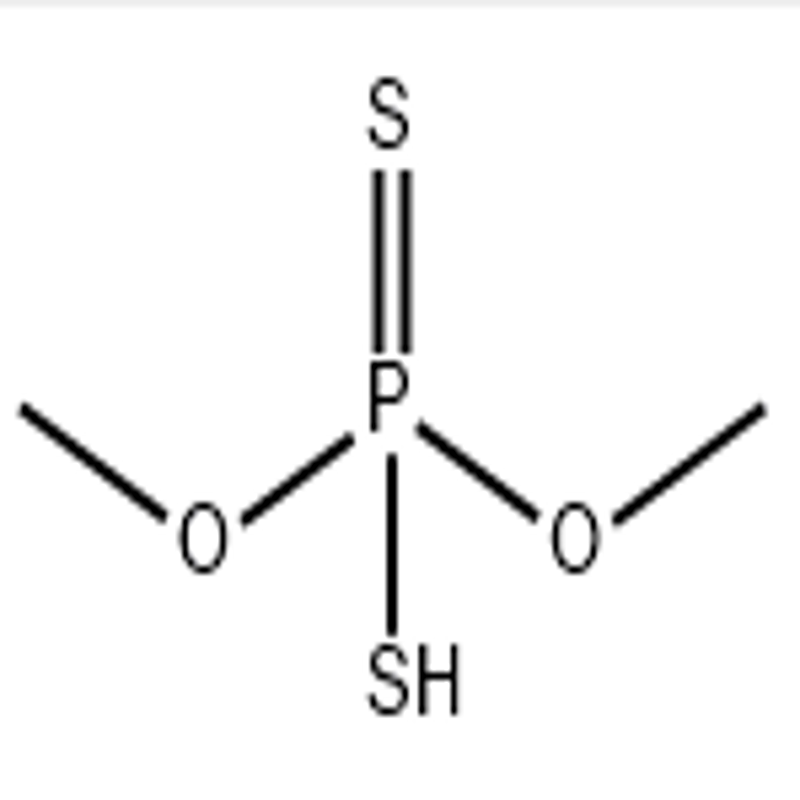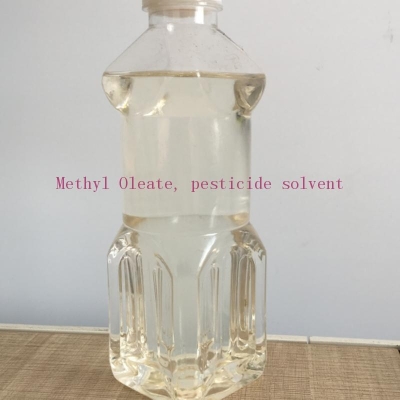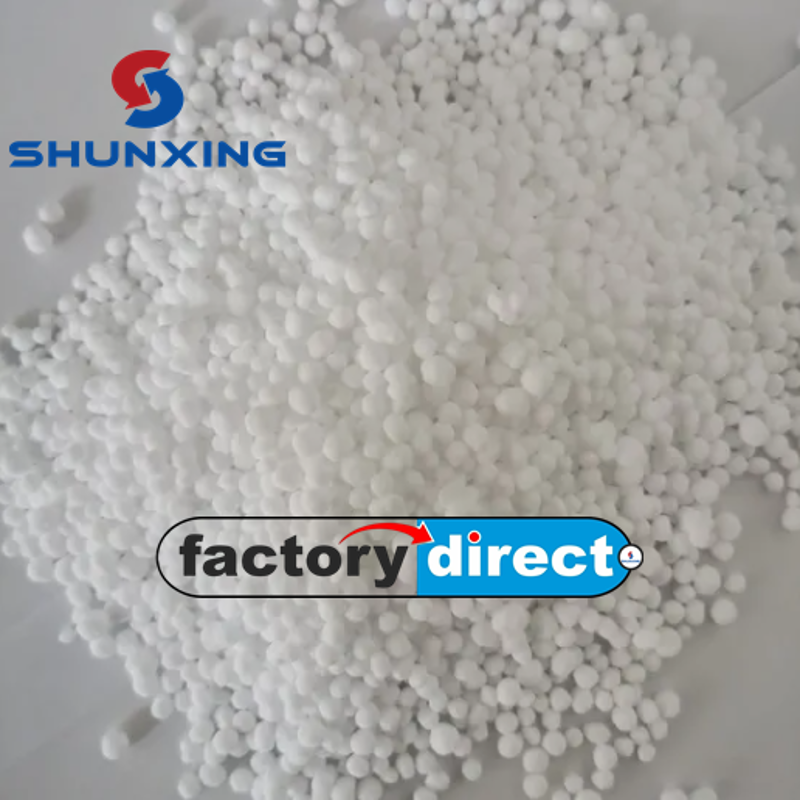-
Categories
-
Pharmaceutical Intermediates
-
Active Pharmaceutical Ingredients
-
Food Additives
- Industrial Coatings
- Agrochemicals
- Dyes and Pigments
- Surfactant
- Flavors and Fragrances
- Chemical Reagents
- Catalyst and Auxiliary
- Natural Products
- Inorganic Chemistry
-
Organic Chemistry
-
Biochemical Engineering
- Analytical Chemistry
-
Cosmetic Ingredient
- Water Treatment Chemical
-
Pharmaceutical Intermediates
Promotion
ECHEMI Mall
Wholesale
Weekly Price
Exhibition
News
-
Trade Service
Wugu Guide: Not long ago, a WeChat official account published a "How to Save China Soaked in Pesticides", which was widely spread in the WeChat circle.
This article caused a strong reaction in the pesticide industry.
Can objectively evaluate the use of pesticides in China, which is seriously inaccurate.
So, do we really eat so many pesticides every year? Is it possible to use pesticides? What is the current status of pesticide residues in agricultural products in China? Let us listen to how experts in the industry refute False rumors and restore the truth
.
Rumor has it that we use more than 3 million tons of pesticides every year? The actual amount is more than 300,000 tons, most of which are decomposed in the environment.
The article "How to Save China Soaked in Pesticides" mentioned-"China uses 3.
37 million pesticides each year.
Tons, divided among 1.
3 billion people, that’s 2.
59 kilograms per person
.
” Is the fact really so sensational? In response, Li Zhonghua, Secretary-General of the China Pesticide Industry Association pointed out that 3.
37 million tons are the output data released by the National Bureau of Statistics, of which 45% The left and right are used for export, and there are also some forestry, sanitation, public epidemic prevention, and rodent killing drugs
.
According to statistics from the National Agricultural Technology Center of the Ministry of Agriculture, China uses more than 300,000 tons of pesticides (100% effective ingredients) every year, not more than 3 million tons
.
Liu Changling, secretary-general of the Pesticide Professional Committee of the China Chemical Industry Society, said that many data in this article are inaccurate
.
For example, a 10% suspension concentrate contains only 10% of the original medicine, and there are auxiliary agents, most of which are water
.
In addition, the average value obtained by dividing the total number directly by the total number of population does not conform to the facts
.
Gu Baogen, deputy director of the Agricultural Products Quality and Safety Center of the Ministry of Agriculture, said that the actual use of pesticides in China is only more than 300,000 tons
.
Due to application methods and equipment, the actual use rate of pesticides is only 25% to 30% at present, and a considerable part of them remains on plants or flows into the environment
.
Pesticides entering the environment will slowly decompose under the action of water, light and microorganisms
.
At present, the half-life of pesticides (half the time for decomposition) is mostly a few days, and the time for special drugs is longer.
Now the country will not approve the registration of drugs with a long half-life
.
Therefore, although a large number of pesticides enter the environment after use, there are pesticide residues in the environment, but there will be no accumulation problem
.
Rumors do not use pesticides at all? The crops will be reduced by 35%~40% and fruits and vegetables will lose 40%~60%.
“Can you not use pesticides?” Many people have similar questions.
So, is this idea realistic? In China The "Letter on Explaining the Situation of China's Pesticide Industry" issued by the Pesticide Industry Association pointed out that due to improper use of drugs or cessation of drug use, crop yields could be reduced by 35% to 40% that year, and the loss of fruits and vegetables could reach 40% to 60%.
, And even a dead end in the second year
.
Pesticides save China an average of 50 million tons of grain, 1.
5 million tons of cotton, 15 million tons of vegetables, and 6 million tons of fruits each year, reducing direct economic losses by more than 100 billion yuan.
From the perspective of input and output, every one yuan of pesticides can get Direct economic benefits of 10-20 yuan
.
The National Agricultural Technology Center has evaluated the damage caused by rice diseases and insect pests, and carried out complete non-control, farmer custom control, scientific integrated control, and scientific comprehensive control in the southwest rice area, the Jiangnan rice area, the south China rice area, the middle and lower reaches of the Yangtze River, and the northeast rice area.
Experiments on seven conditions: pest control but not disease control, disease control but not pest control, rice planthopper control, and rice blast control
.
Judging from the experimental results, in the case of no control at all, the losses caused by the South China and Jiangnan experimental sites were as high as 77.
94% and 59.
63% in the years when the pests and diseases recurred.
The three-year average was 64.
08% and 50.
31%, respectively.
Southwest and Yangtze River The three-year averages in the middle and lower reaches and northeast rice areas were 26.
47%, 28.
36% and 19.
67% respectively
.
It can be seen from these data that without the protection provided by chemical pesticides, our agricultural food security and grain self-sufficiency are simply impossible
.
Liu Changling also pointed out that in addition to pests, crops are often infected by diseases.
For example, the great famine in Ireland around 1846 was caused by the large outbreak of late potato blight
.
There is also the terrible fact that rice blast has failed due to poor control
.
There are also literature studies that if pesticides are not used, the toxins produced by certain crops to resist foreign pests will increase relatively.
These toxins such as gibberellin and aflatoxin are known to be carcinogenic
.
For example, if wheat head blight is not used with pesticides or its control is not effective, not only will the yield be low, but moldy wheat and its food will be poisoned.
.
This article caused a strong reaction in the pesticide industry.
Can objectively evaluate the use of pesticides in China, which is seriously inaccurate.
So, do we really eat so many pesticides every year? Is it possible to use pesticides? What is the current status of pesticide residues in agricultural products in China? Let us listen to how experts in the industry refute False rumors and restore the truth
.
Rumor has it that we use more than 3 million tons of pesticides every year? The actual amount is more than 300,000 tons, most of which are decomposed in the environment.
The article "How to Save China Soaked in Pesticides" mentioned-"China uses 3.
37 million pesticides each year.
Tons, divided among 1.
3 billion people, that’s 2.
59 kilograms per person
.
” Is the fact really so sensational? In response, Li Zhonghua, Secretary-General of the China Pesticide Industry Association pointed out that 3.
37 million tons are the output data released by the National Bureau of Statistics, of which 45% The left and right are used for export, and there are also some forestry, sanitation, public epidemic prevention, and rodent killing drugs
.
According to statistics from the National Agricultural Technology Center of the Ministry of Agriculture, China uses more than 300,000 tons of pesticides (100% effective ingredients) every year, not more than 3 million tons
.
Liu Changling, secretary-general of the Pesticide Professional Committee of the China Chemical Industry Society, said that many data in this article are inaccurate
.
For example, a 10% suspension concentrate contains only 10% of the original medicine, and there are auxiliary agents, most of which are water
.
In addition, the average value obtained by dividing the total number directly by the total number of population does not conform to the facts
.
Gu Baogen, deputy director of the Agricultural Products Quality and Safety Center of the Ministry of Agriculture, said that the actual use of pesticides in China is only more than 300,000 tons
.
Due to application methods and equipment, the actual use rate of pesticides is only 25% to 30% at present, and a considerable part of them remains on plants or flows into the environment
.
Pesticides entering the environment will slowly decompose under the action of water, light and microorganisms
.
At present, the half-life of pesticides (half the time for decomposition) is mostly a few days, and the time for special drugs is longer.
Now the country will not approve the registration of drugs with a long half-life
.
Therefore, although a large number of pesticides enter the environment after use, there are pesticide residues in the environment, but there will be no accumulation problem
.
Rumors do not use pesticides at all? The crops will be reduced by 35%~40% and fruits and vegetables will lose 40%~60%.
“Can you not use pesticides?” Many people have similar questions.
So, is this idea realistic? In China The "Letter on Explaining the Situation of China's Pesticide Industry" issued by the Pesticide Industry Association pointed out that due to improper use of drugs or cessation of drug use, crop yields could be reduced by 35% to 40% that year, and the loss of fruits and vegetables could reach 40% to 60%.
, And even a dead end in the second year
.
Pesticides save China an average of 50 million tons of grain, 1.
5 million tons of cotton, 15 million tons of vegetables, and 6 million tons of fruits each year, reducing direct economic losses by more than 100 billion yuan.
From the perspective of input and output, every one yuan of pesticides can get Direct economic benefits of 10-20 yuan
.
The National Agricultural Technology Center has evaluated the damage caused by rice diseases and insect pests, and carried out complete non-control, farmer custom control, scientific integrated control, and scientific comprehensive control in the southwest rice area, the Jiangnan rice area, the south China rice area, the middle and lower reaches of the Yangtze River, and the northeast rice area.
Experiments on seven conditions: pest control but not disease control, disease control but not pest control, rice planthopper control, and rice blast control
.
Judging from the experimental results, in the case of no control at all, the losses caused by the South China and Jiangnan experimental sites were as high as 77.
94% and 59.
63% in the years when the pests and diseases recurred.
The three-year average was 64.
08% and 50.
31%, respectively.
Southwest and Yangtze River The three-year averages in the middle and lower reaches and northeast rice areas were 26.
47%, 28.
36% and 19.
67% respectively
.
It can be seen from these data that without the protection provided by chemical pesticides, our agricultural food security and grain self-sufficiency are simply impossible
.
Liu Changling also pointed out that in addition to pests, crops are often infected by diseases.
For example, the great famine in Ireland around 1846 was caused by the large outbreak of late potato blight
.
There is also the terrible fact that rice blast has failed due to poor control
.
There are also literature studies that if pesticides are not used, the toxins produced by certain crops to resist foreign pests will increase relatively.
These toxins such as gibberellin and aflatoxin are known to be carcinogenic
.
For example, if wheat head blight is not used with pesticides or its control is not effective, not only will the yield be low, but moldy wheat and its food will be poisoned.
.







